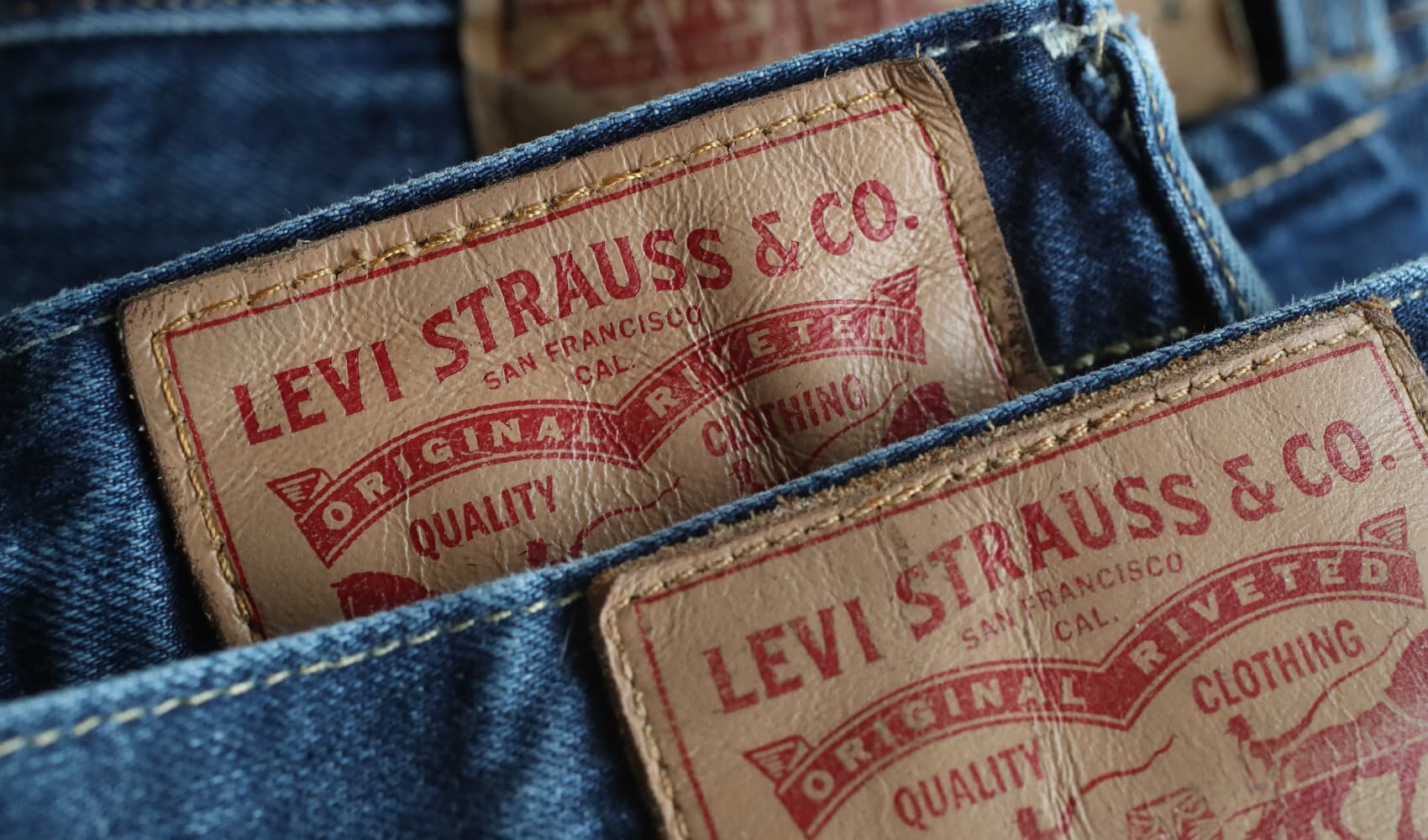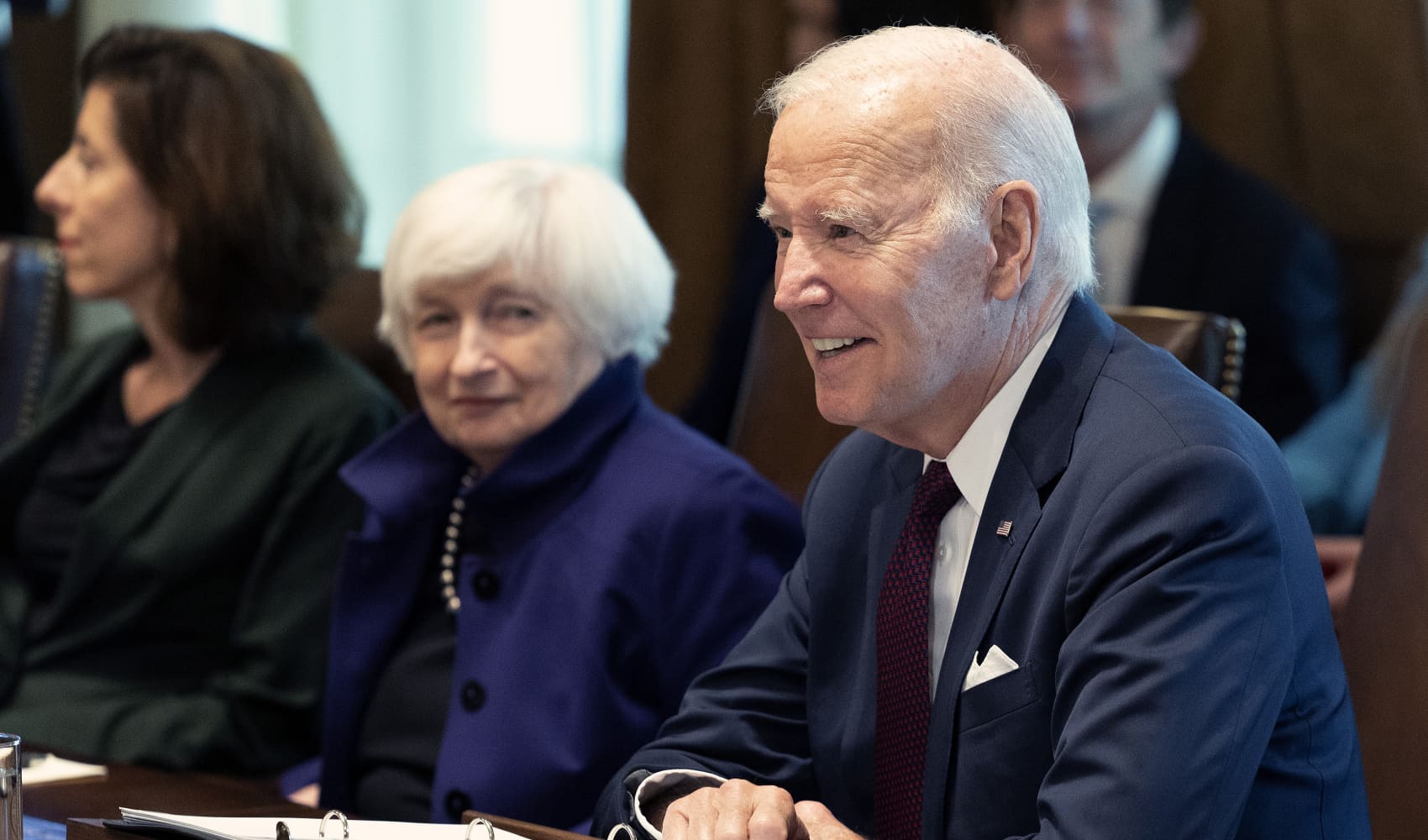
- British online payments firm Zilch says it has raised $125 million in debt financing from Deutsche Bank in a deal that will help the company triple sales in the next couple of years and move closer toward an IPO.
- The buy now, pay later firm said the debt was structured as a securitization, where multiple loans can be packaged together.
- Zilch said its deal with Deutsche Bank came with more flexible terms and would enable it to draw down up to $315 million of credit in total — including from different banks.
LONDON — British fintech firm Zilch said Wednesday it's raised $125 million in debt financing from German banking giant Deutsche Bank in a deal that will help the company triple sales in the next couple of years and move closer toward an initial public offering.
The company, which offers shoppers the ability to purchase items and pay off the debt they owe in monthly, interest-free installments, said the debt was structured as a securitization, where multiple loans can be packaged together.
Zilch initially sourced credit for its installment plans and other loans from Goldman Sachs's private credit arm. The company said the deal with Deutsche Bank came with more flexible terms and would enable it to draw down up to $315 of credit in total — including from different banks.
Philip Belamant, Zilch's CEO and co-founder, noted the terms of its arrangement with Goldman Sachs were beneficial for a young, fast-growing startup — but ultimately too restrictive. Zilch's capital needs have accelerated as the business has matured, and required a credit arrangement that was more flexible, he said.
"For us, we think it's a major milestone in the company's growing stage, which is, we've gone through the line we have with Goldman, it's been a brilliant relationship and partnership," Belamant told CNBC. "But now we're stepping it up to securitization ... so we [can] continue scaling."
Money Report
The additional $190 million of credit will become available to Zilch as the firm continues to grow. Belamant said the firm is already planning to strike agreements with other banks to raise more debt in the coming months.
The move is a sign of how buy now, pay later upstarts are continuing to double down on their products and loan growth, even as larger incumbent players in finance and technology are bowing out of the once-buzzy market.
Feeling out of the loop? We'll catch you up on the Chicago news you need to know. Sign up for the weekly Chicago Catch-Up newsletter here.
This week, Apple announced it would shutter its BNPL program, Pay Later, which let users split purchases over four interest-free installments. It will integrate third-party services from firms like Affirm and Citi, instead. Meanwhile, Goldman Sachs recently sold Greensky, a BNPL firm it bought in 2021.
IPO within 2 years?
Belamant said that with additional capital of $125 million, the firm's path toward an IPO will likely be accelerated, with Zilch currently aiming to go public in the next 12 to 24 months.
The deal will help Zilch generate $3.75 billion of gross sales by 2026, Belamant said.
He explained that for every $1 of debt raised, Zilch can generate $30 of gross merchandise value (GMV) — the combined value of sales processed on its platform.
So, with $125 million of capital, that will drive $3.75 billion of gross sales. Once Zilch has reaches the $315 million maximum funding threshold, it expects to generate nearly $10 billion of GMV by 2026.
Zilch has already generated over £2.5 billion in GMV since its founding in 2018. The firm reported revenues of £30 million ($38 million) in the 12 months ended March 2023. Losses totaled £71.7 million, marginally down from a 2022 loss of £78.3 million.
Zilch has three key ways of making money. The first is through interchange fees, where card networks charge merchants' bank account each time a consumer makes a payment. The second is commission fees, where merchants pay to appear on Zilch's app.
Zilch also has an advertising sales network where it provides placements for retailers to promote their wares to consumers. The UK firm claims it is able to achieve conversion rates of up to 55%, more than 10 times higher than the search industry average.
Belamant caveated the firm is keeping a watchful eye on uncertainty around the U.K.'s upcoming election and market conditions more generally.
"It's hard to obviously say we're on that range just due to the market, [and] there's an election happening, [so] obviously we'll see what happens," he said.






